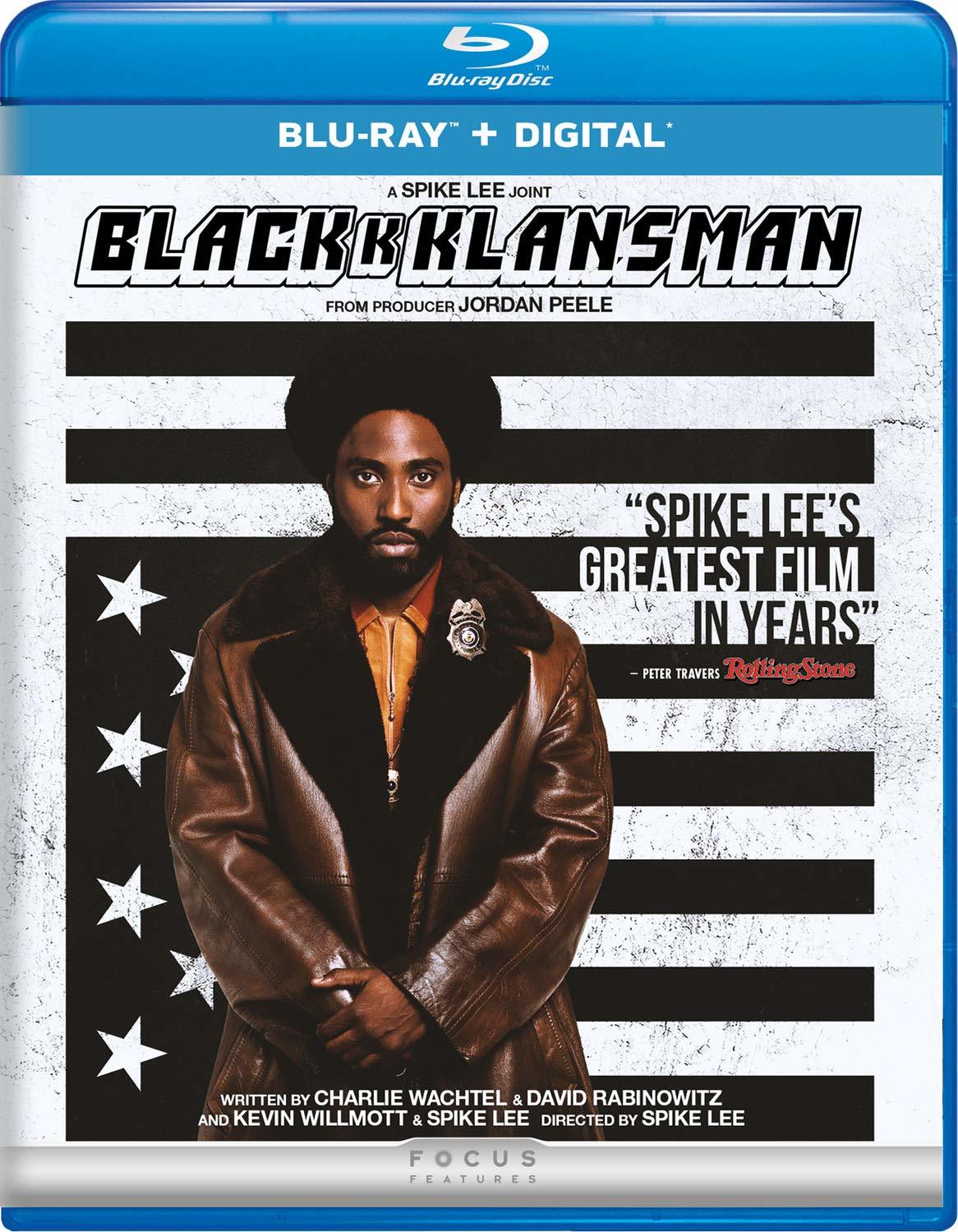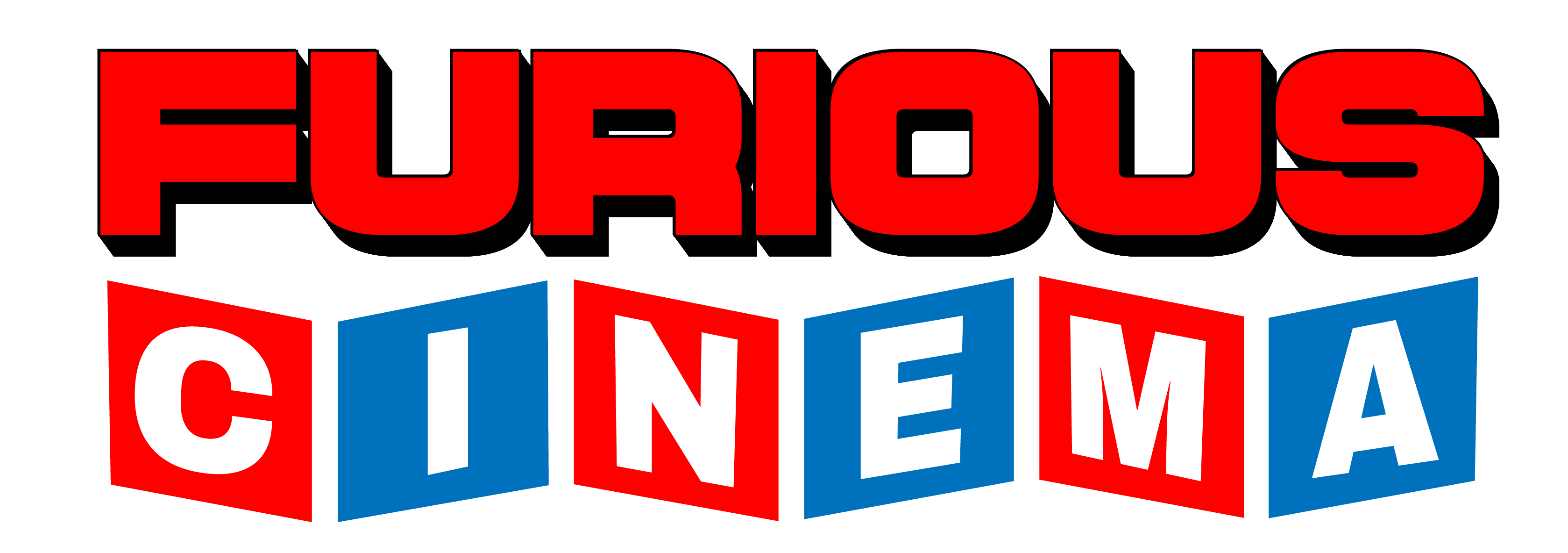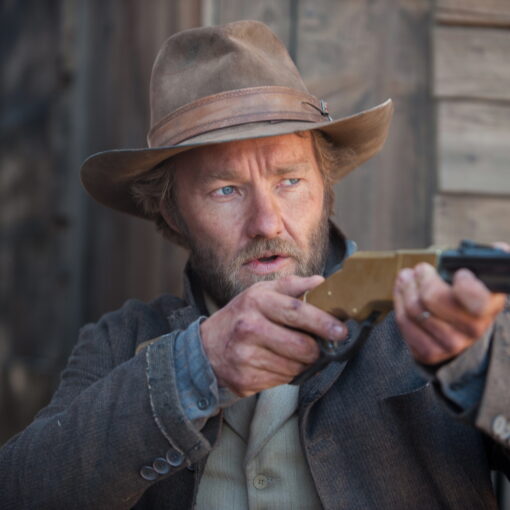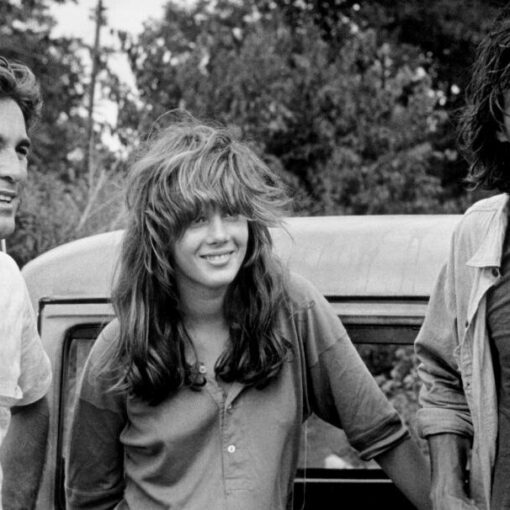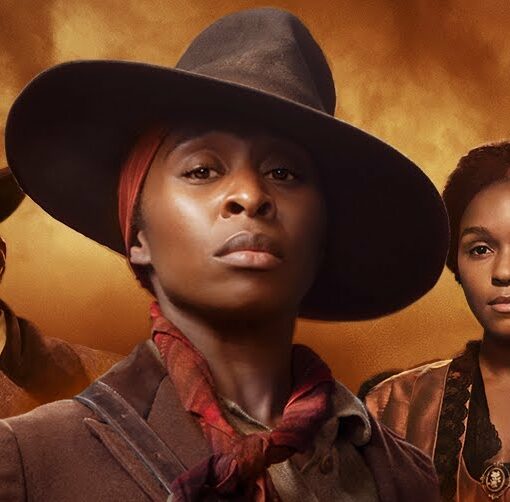The trailer for Spike Lee’s BlacKkKlansman is deceiving: this is definitely not a black/white buddy comedy. Ripped from the headlines, BlacKkKlansman is instead, a “social thriller”: a well-crafted dramatization of real events whose focus is racism in America and how the past continues to mirror the present.
Ron Stallworth (John David Washington) is the first African American detective hired by the Colorado Springs, Colorado police department: and he wants to make a mark. What if, as outrageous as it sounds, he managed to infiltrate the local Ku Klux Klan and expose them for the current danger they pose? Set in the mid-seventies, Ron joins forces with Flip Zimmerman (Adam Driver) a Jewish detective working out of the same station house. The two make a pledge to bring down the Klan.
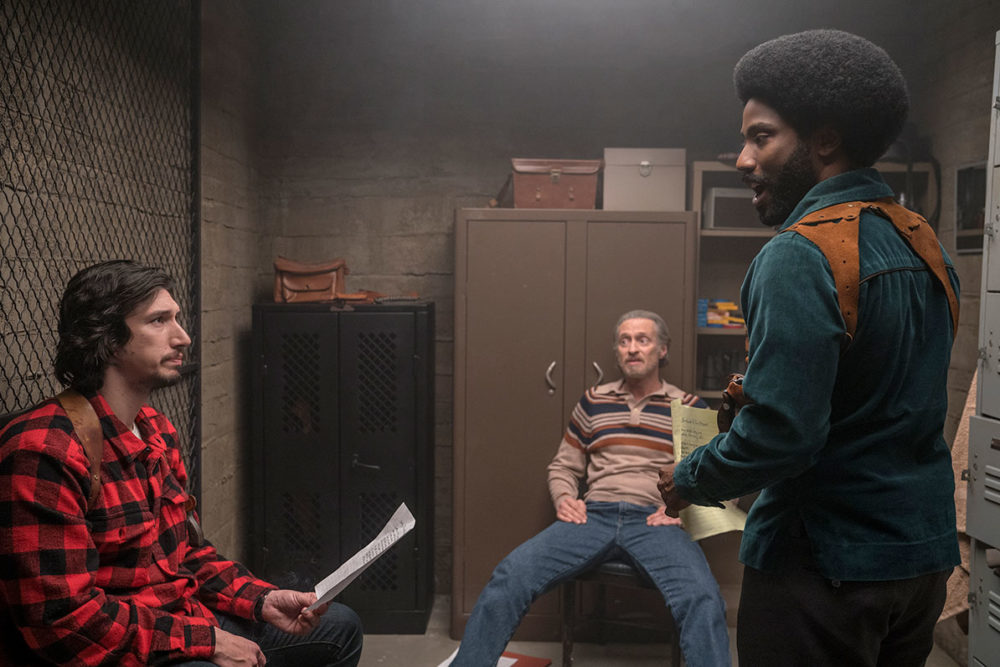
But will they? Based on the memoir “Black Klansman” by Ron Stallworth, the embellished narrative moves forward after Ron calls the local Klan chapter and passes a preliminary phone test by adopting his best “white man” voice and railing against the usual subjects: blacks, Jews and homosexuals. The phone conversation is enough to get Ron a follow-up in-person interview with a group of local Klan members (Flip plays Stallworth in meetings with the Klan) and before they know it, Flip/Ron are accepted into “The Organization” and are having lengthy conversations with the Klan’s infamous Grand Wizard David Duke (Topher Grace).
N-word bombs and a litany of race-centered diatribes permeate and they are to be expected, but it’s the picture’s attempt at comedy that hits a false note. When mutilation, torture and death is just a breath away there’s no space for mugging, frat guy levity. Would Ron’s precinct mates really jeopardize a case by slapping their thighs and laughing out loud in the same room while he’s on the phone talking to a suspicious Klan member? Would Ron, assigned in the last half of the film to protect David Duke at a rally, really put his arms around Duke and take a grinning selfie? Would Ron really call up Duke at the conclusion of the case and deliver a gotcha: a self-satisfied reveal that informs Duke he’s been duped? It’s unlikely—and unfunny.
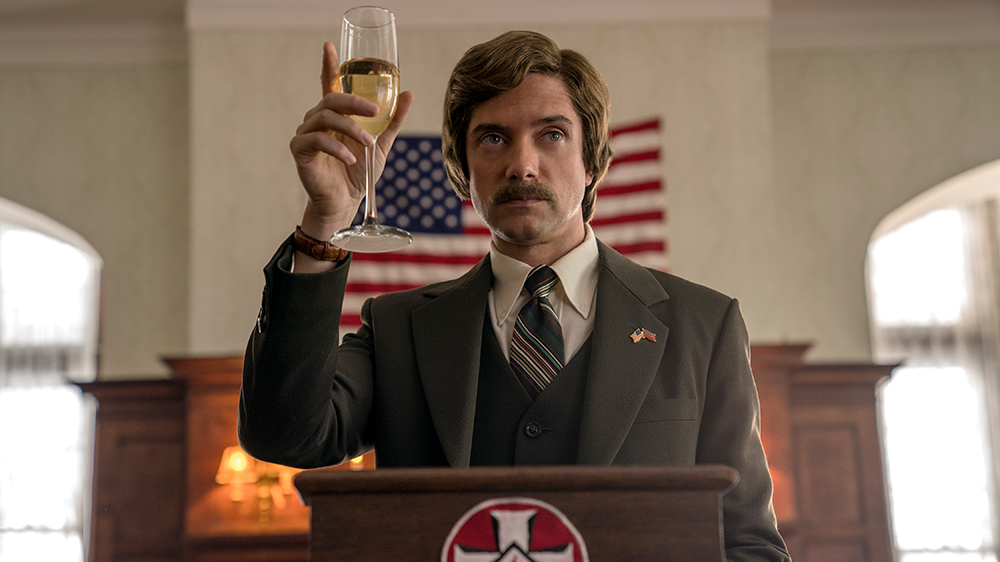
Still, the screenplay by Lee, Charlie Wachtel, David Rabinowitz and Kevin Willmott does present several all-to-real situations. It’s plausible that Connie (Ashley Atkinson) a plain, undereducated woman with low self-esteem might be coerced into planting a bomb; it’s plausible that Patrice (Laura Harrier), a rebel rousing African American college student, would be attracted to Ron (they’re fighting for the same cause); and it’s plausible that six months of subterfuge and expert police work could all unravel due to a passing encounter with a former drug dealer who served time and has a long memory. In this film the false notes and high notes cancel each other out
Split screen photography, vintage film clips (Gone With the Wind, Birth of a Nation), newsreels (Martin Luther King Jr, Malcolm X), and a discussion about the Blaxploitation film genre—complete with movie poster pop up art—provide context. So do cross burnings, lynchings, marches, protests, a Klan indoctrination, and two surprise (best not revealed) A-list actor cameos.

Bleak but prescient, BlacKkKlansman is a worthy film: a not-too-veiled rebuke of modern politics and modern times. The film closes with news footage of the 2017 white supremacist Unite the Right rally in Charlottesville, Virginia; where 32-year old counter protester Heather Heyer was killed and to which President Donald Trump famously surmised: “There were very fine people… on both sides.” BlacKkKlansman’s on-screen dedication is to Heather Heyer.
